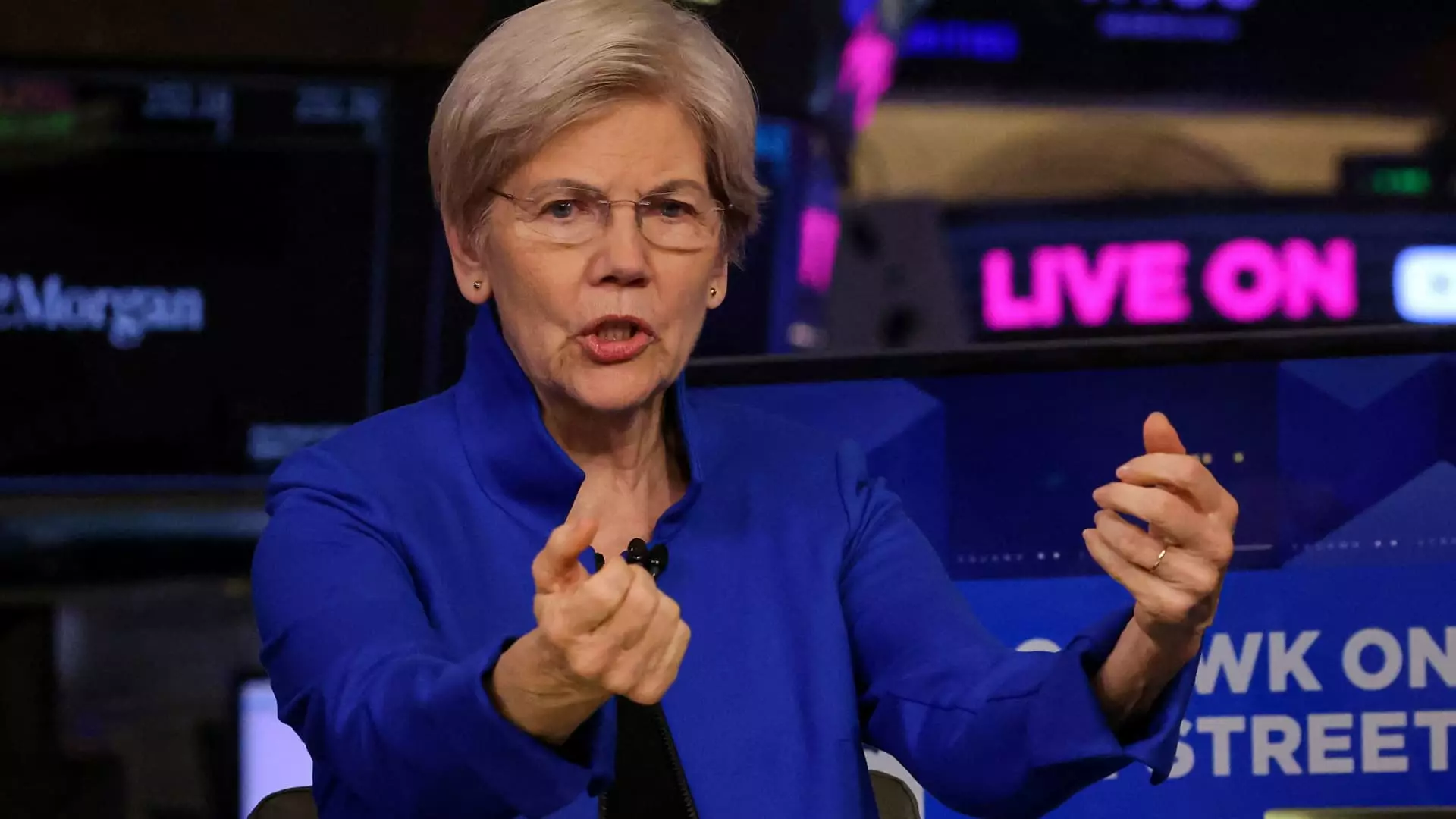The landscape of American economic stability is built on a delicate balance — one that hinges on the independence of institutions like the Federal Reserve. When political figures threaten this autonomy, the fallout extends beyond mere policy disagreements; it jeopardizes the very foundation of trust that sustains financial markets. Recent calls by President Donald Trump to remove Federal Reserve Chair Jerome Powell exemplify this perilous path. Such threats are not just political posturing but represent an existential threat to the integrity of the U.S. financial system.
In a healthy democracy, the independence of the Federal Reserve ensures that monetary policy is driven by economic data, not political pressures. When a president attempts to influence or intimidate the Fed, it undermines the crucial signaling function that stable, independent decisions provide to markets worldwide. Investors and international partners rely on the assumption that the Fed’s actions are rooted in economic rationale rather than partisan agendas. Destabilizing this perception can trigger panic, leading to plummeting stock and bond markets, as well as a weakening dollar — consequences that harm every American, especially those with savings and investments.
The risk is compounded when threats to remove a Fed chair stem from a disagreement over rate policies or tariffs. Such conflicts reveal a troubling disdain for the independence that safeguards against short-term political gains at the cost of long-term economic health. Powell’s cautious stance in holding interest rates steady, despite Trump’s vocal dissatisfaction, reflects a commitment to this principle. Dislodging Powell to satisfy political whims would set a dangerous precedent, signaling that economic stability is subordinate to the whims of who holds political power.
The Crumbling of Institutional Integrity as a Warning Sign
The broader context reveals a concerning trend. The President’s attempts to discredit or dismiss the Fed chair seemingly aim to diminish the institution’s authority, reshaping the narrative into one where economic decisions are susceptible to political interference. This is a perilous path, eroding decades of progress made to insulate monetary policy from political bias. When the head of the central bank is no longer seen as an independent actor, markets become volatile, and the risk premium on lending and borrowing escalates.
Even amid criticism, Powell has maintained a stance rooted in economic reasoning. His decisions to hold off on rate cuts, despite White House pressure, suggest integrity and understanding of the complex factors influencing the economy. Firing him — or even intimidating him — would undermine these qualities and create chaos. Such an act would send a message to the world that the U.S. no longer values predictable, rules-based economic governance.
From a political perspective aligned with center-left liberal ideals, the focus must be on protecting institutions that serve as checks against populist excess. When society allows leaders to manipulate or threaten core economic appointments for short-term gains, it risks unleashing a cycle of instability. Financial markets thrive on predictability; once trust erodes, recovery becomes arduous and uncertain.
The Political Calculus and Moral Responsibility
The true danger lies in the political calculus that underpins these threats. For Trump, undermining the Fed could appear as a move to control economic levers directly, potentially for electoral advantage or to favor certain industries. But the moral and legal boundaries come into focus when considering the independence clearly enshrined in law. Powell’s legal protections underscore that firing him without cause is not just politically unwise but legally questionable.
The underlying question must be whether American leaders prioritize institutional stability or short-lived political theatrics. Sacrificing the independence of the Fed signals a slide toward authoritarian tendencies, where checks and balances are dismissed for the illusion of control. This approach risks igniting a crisis of confidence both domestically and globally.
In a functioning democracy, the true strength lies in the resilience of its institutions. The Federal Reserve’s independence is a pillar of that resilience, and any attempt to undermine it must be met with robust moral and political resistance. Otherwise, the United States risks losing its leverage as a stable economic leader, with ripple effects that could destabilize markets for years to come.

Leave a Reply